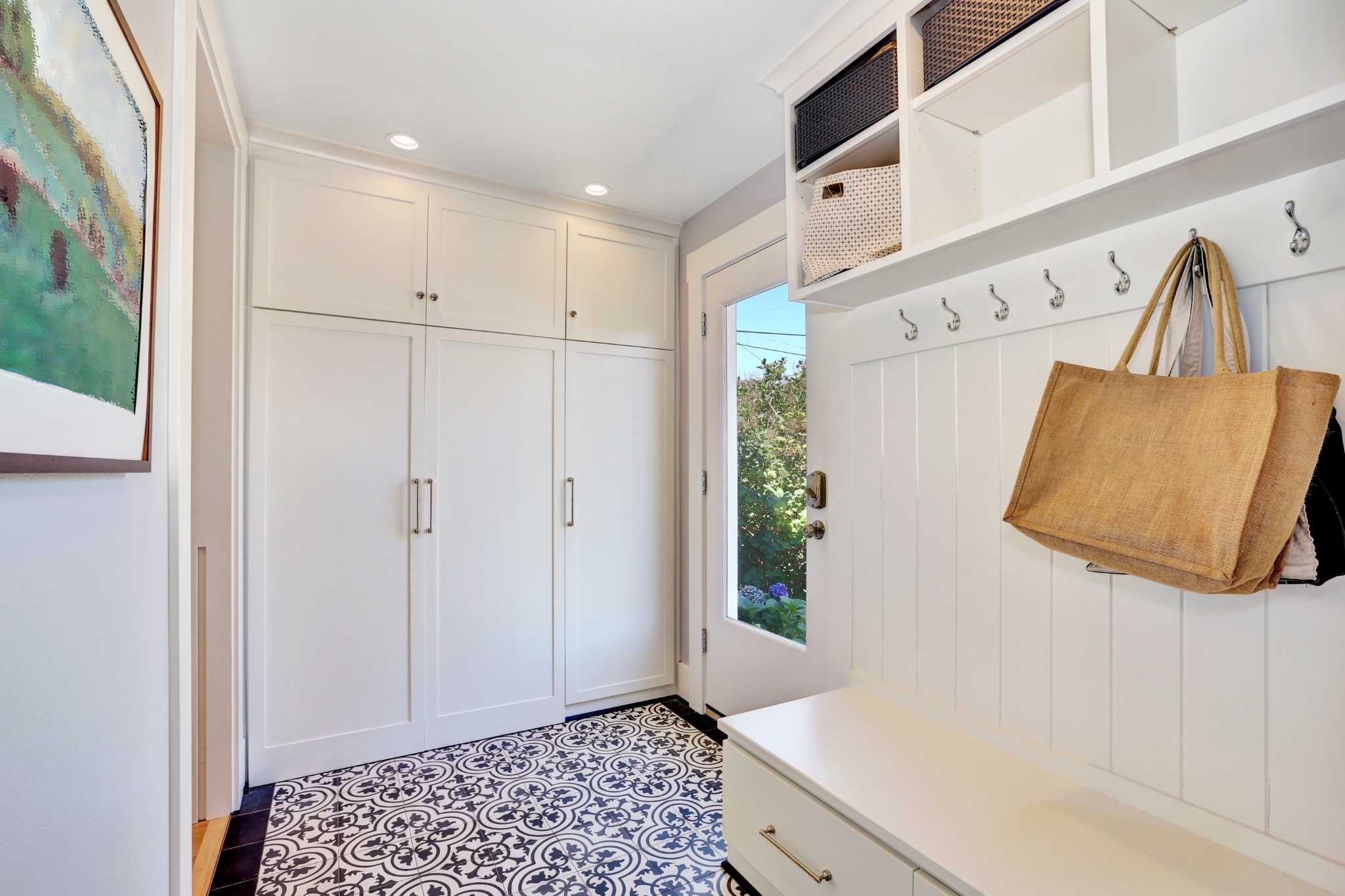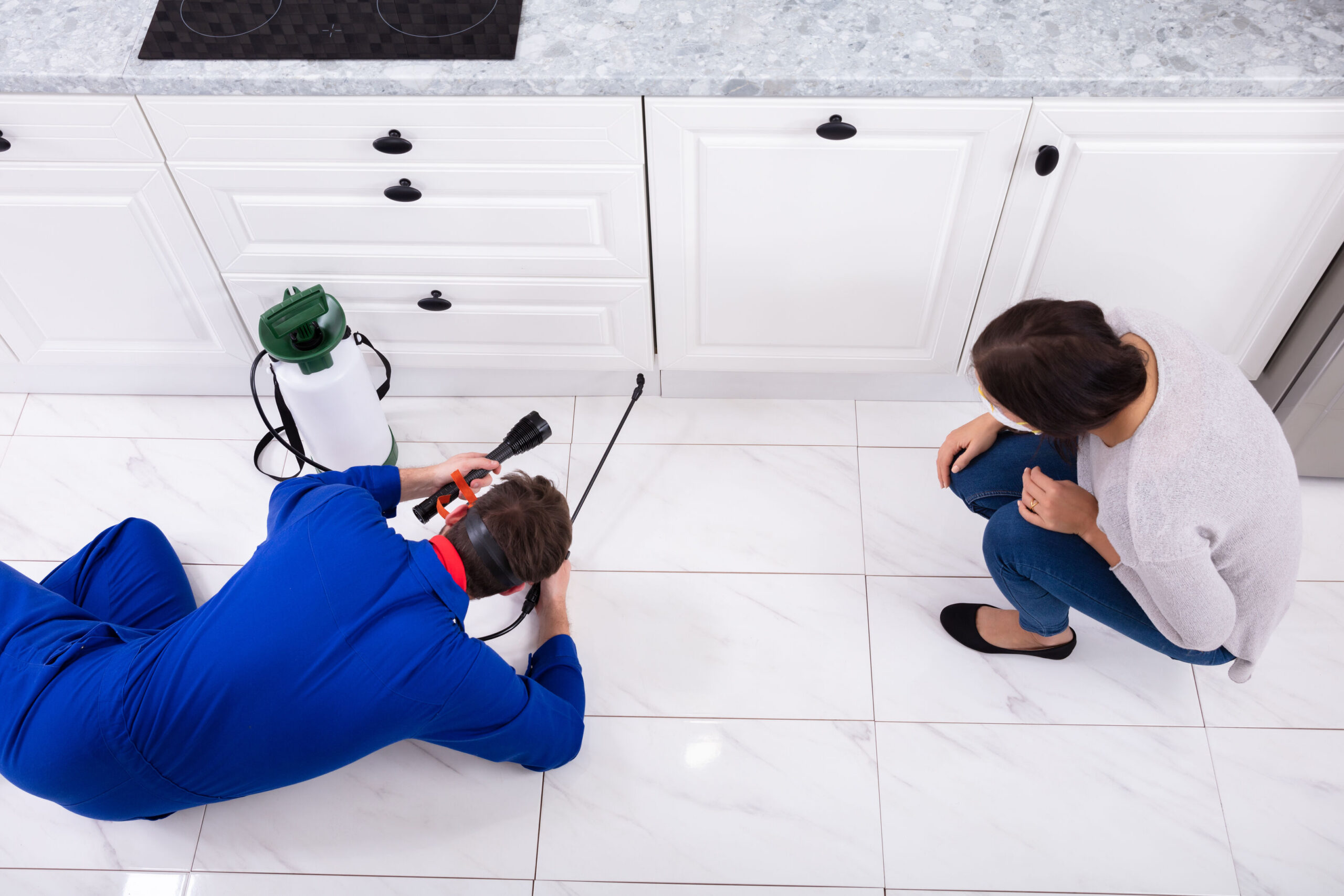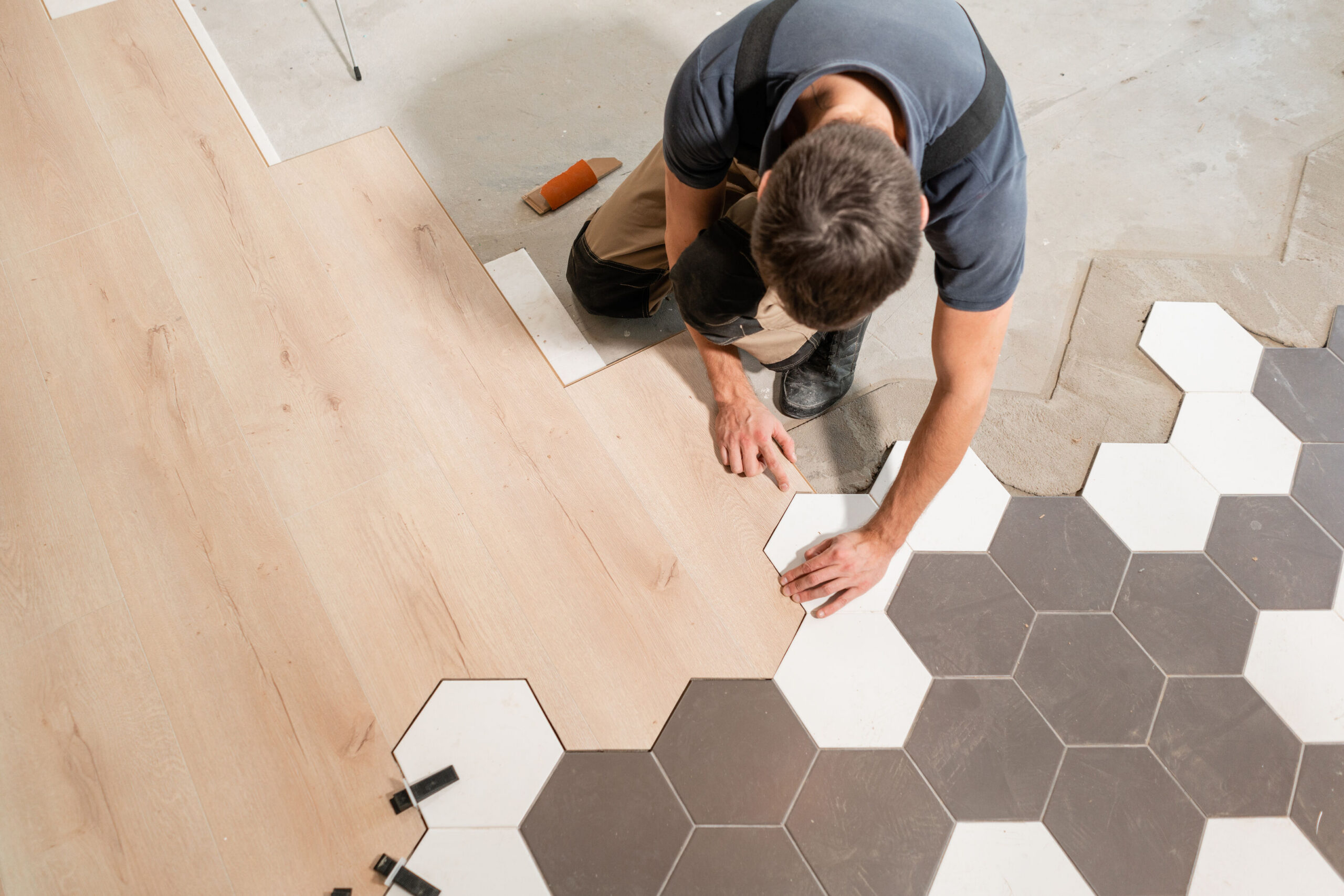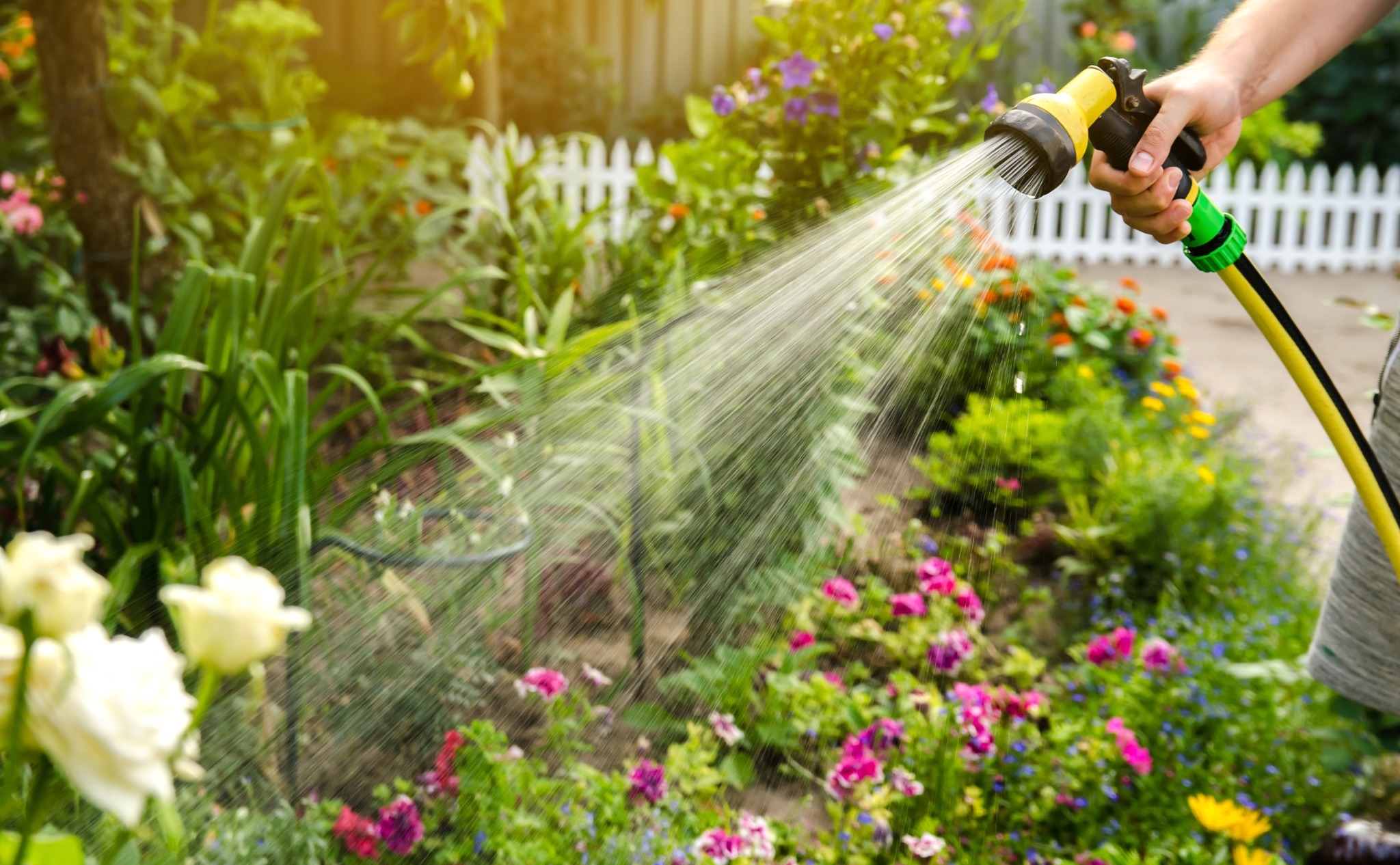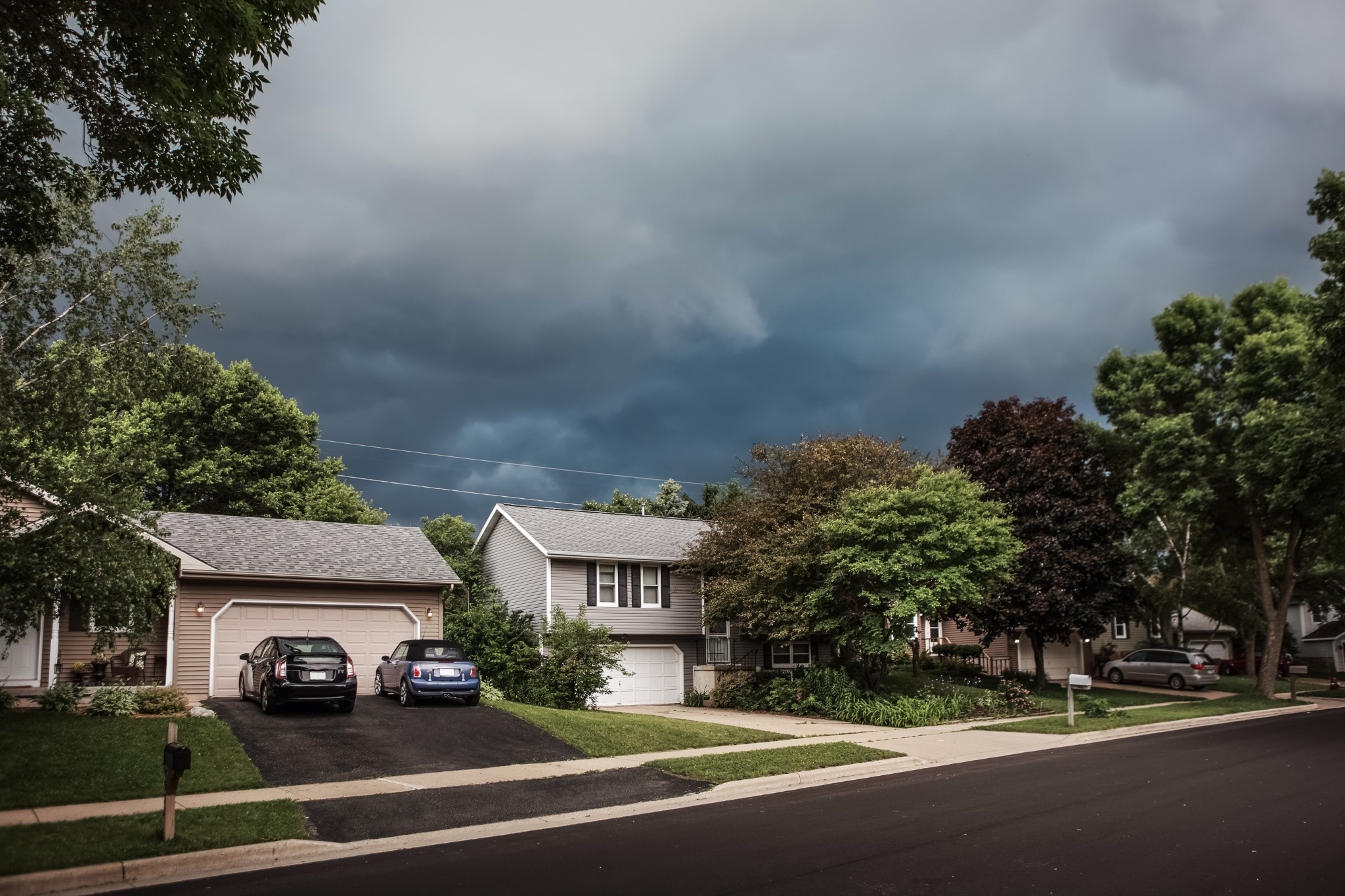Table of Contents
- Why Flooring Choice Matters
- Popular Flooring Options: Pros, Cons, and Costs
- Hardwood vs. Engineered Wood
- Luxury Vinyl: The Budget Hero
- Tile: Tough and Timeless
- Carpet: Cozy but Complicated
- Eco-Friendly Choices
- Installation Methods: DIY vs. Pro
- Hidden Costs to Watch Out For
- How Floors Impact Energy Efficiency
- Best Floors for Every Room
- Flooring and Home Value
- Laying a Strong Foundation
Ground Rules: Choosing the Right Flooring to Protect Your Budget and Your Home
Flooring might not be the first thing you think about when budgeting for your home, but it sets the tone—literally—for every room. The right floors can handle heavy traffic, moisture, kids, and pets while saving you money in the long run through durability and energy efficiency.
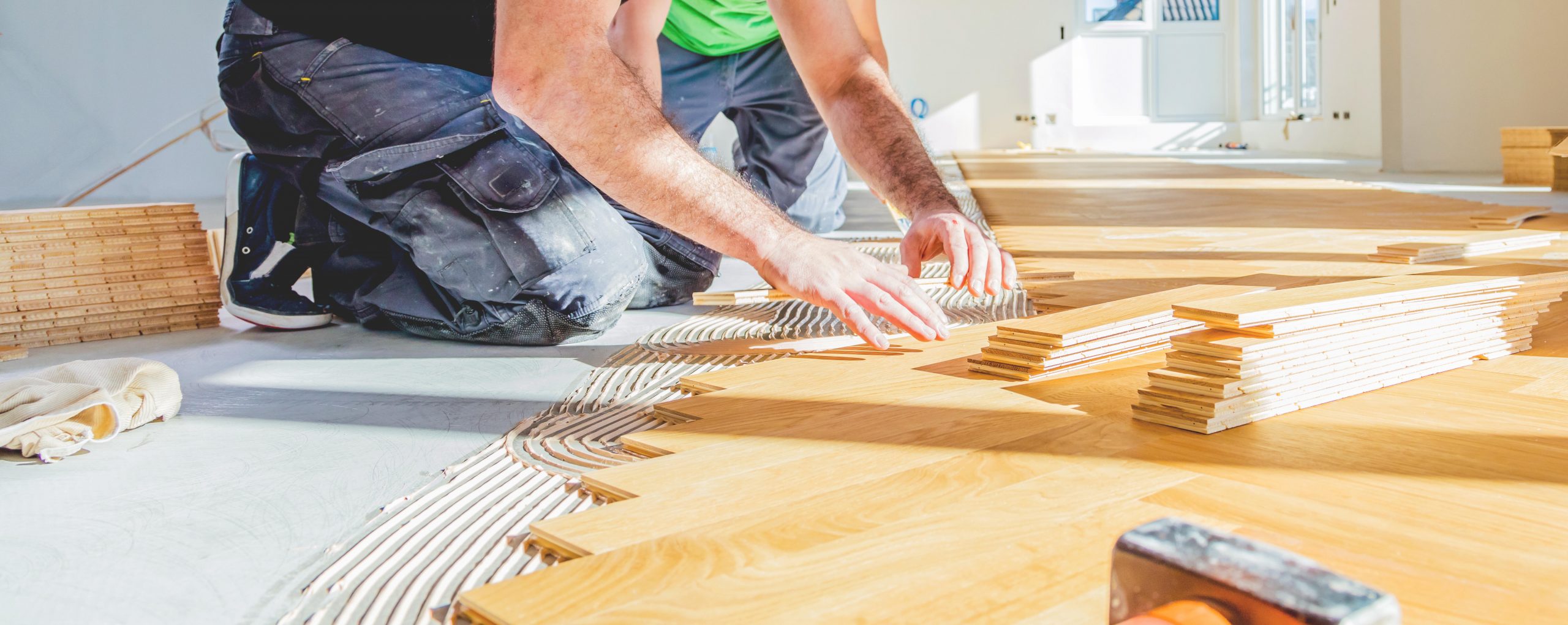
Let’s break down how to choose the best flooring for your home without wrecking your wallet.
Why Flooring Choice Matters
Floors aren’t just about aesthetics. They affect your daily comfort, home maintenance, and long-term repair costs. Bad flooring decisions can lead to:
- Frequent replacements or repairs
- Increased heating and cooling bills
- Tripping hazards or moisture damage
- Reduced resale value
Choosing the right materials and installation method means fewer headaches and better value over time.
Popular Flooring Options: Pros, Cons, and Costs
There are more choices than ever for homeowners today. Here’s a side-by-side comparison of the most popular flooring materials:
| Flooring Type | Average Cost per Sq. Ft. | Durability | Best For | Maintenance |
|---|---|---|---|---|
| Hardwood | $6–$12 | High (refinishable) | Living rooms, bedrooms | Moderate (requires care) |
| Engineered Wood | $4–$7 | Moderate to High | Kitchens, basements | Low to moderate |
| Laminate | $2–$5 | Moderate | High-traffic areas | Low |
| Vinyl Plank | $2–$7 | High (waterproof) | Bathrooms, kitchens | Very low |
| Tile (ceramic/porcelain) | $5–$10 | Very high | Bathrooms, kitchens, mudrooms | Very low |
| Carpet | $3–$6 | Moderate | Bedrooms, living rooms | High (stains, allergens) |
| Bamboo | $5–$8 | Moderate | Eco-conscious homes | Moderate |
Hardwood vs. Engineered Wood
Hardwood floors are timeless and can be refinished multiple times, making them a great long-term investment. But they can be expensive and sensitive to moisture.
Engineered wood, on the other hand, gives you a real wood look with better moisture resistance and lower installation costs. It’s a smart choice for homes in humid climates or with concrete subfloors.
Luxury Vinyl: The Budget Hero
Luxury vinyl plank (LVP) has exploded in popularity, and for good reason. It’s waterproof, scratch-resistant, easy to install, and can mimic wood, stone, or tile.
Great for families, pet owners, and rental properties, LVP offers solid performance at a fraction of the price of hardwood or tile.
Tile: Tough and Timeless
If you need something that will last decades and handle moisture, tile is your best bet. Porcelain tile is denser and more durable than ceramic, making it ideal for bathrooms and entryways.
It’s more expensive upfront and can be cold underfoot, but heated floor systems or area rugs help with comfort.
Carpet: Cozy but Complicated
Carpet is soft, warm, and budget-friendly, especially in bedrooms. But it can stain easily and trap allergens and odors. If you go with carpet, consider stain-resistant options and routine professional cleaning.
Eco-Friendly Choices
Sustainable flooring options are better for the environment and often come with durability perks. Consider:
- Bamboo – A fast-growing grass that acts like hardwood
- Cork – Soft, sound-absorbing, and renewable
- Recycled materials – Found in some vinyl and tile products
Look for certifications like FSC (Forest Stewardship Council) or FloorScore to verify green claims.
Installation Methods: DIY vs. Pro
Some flooring types are DIY-friendly, while others are better left to the pros. Here’s a quick breakdown:
| Flooring Type | DIY-Friendly? | Notes |
|---|---|---|
| Laminate | Yes | Click-lock systems are easy to install |
| Vinyl Plank | Yes | Floating floors are beginner-friendly |
| Hardwood | No | Requires precise installation and tools |
| Tile | No | Involves cutting, mortar, and grout |
| Carpet | No | Stretching and seam joining can be tricky |
Professional installation may cost more, but it ensures a better finish and can extend the life of your floors.
Hidden Costs to Watch Out For
When budgeting for new floors, don’t forget to factor in:
- Subfloor prep or repairs
- Underlayment (for cushioning or moisture barriers)
- Baseboards or transitions
- Old floor removal and disposal
These extras can add $1–$3 per square foot depending on the project.
How Floors Impact Energy Efficiency
Your floors don’t just sit there—they can actually influence your utility bills. Certain materials, like carpet or cork, add insulation and help keep rooms warmer. Tile and concrete can stay cool, which is great in warm climates.
Adding area rugs or underfloor insulation can boost comfort and reduce heating costs, especially in older homes.
Best Floors for Every Room
Here’s a quick room-by-room guide to picking the right flooring:
| Room | Recommended Flooring |
|---|---|
| Kitchen | Vinyl plank, tile, engineered wood |
| Bathroom | Tile, vinyl plank |
| Living Room | Hardwood, laminate, carpet |
| Bedroom | Carpet, hardwood, bamboo |
| Basement | Vinyl plank, engineered wood |
| Entryway/Mudroom | Tile, vinyl, stone |
Flooring and Home Value
Well-chosen floors can make a home more attractive to buyers. Hardwood and tile tend to have the highest return on investment, while worn-out carpet or dated vinyl can drag your home’s value down.
If you’re planning to sell soon, stick with neutral colors and durable materials that appeal to a wide audience.
Laying a Strong Foundation
Whether you’re renovating one room or your entire home, your flooring choice has a big impact on comfort, cost, and resale value. By weighing your options carefully and thinking about how each type of flooring fits your lifestyle, you can lay the groundwork—literally—for a smarter, more sustainable home.
Helpful Sources
- 10 Types of Flooring and How to Properly Choose One – The Spruce
- How Much Does Flooring Installation Cost? – Forbes Home
- 7 Ways of Comparing Energy-Efficient Flooring Options That Slash Bills – Journeyman HQ
- The Pros and Cons of 6 Types of Flooring Options – Moving.com
- Flooring Cost Calculator – Estimate Costs for New or Replacement Floors
- The Best Flooring for Insulation and Energy Efficiency – Homelyville
- Top 15 Flooring Materials: Costs, Pros & Cons – RemodelingImage.com
- The Complete Guide to Flooring Costs by Type – Twenty & Oak
- Energy Efficient Flooring Choices – NewHomeSource.com
- 11 Types of Flooring Materials: Pros, Cons, and Prices – BricksFamily
